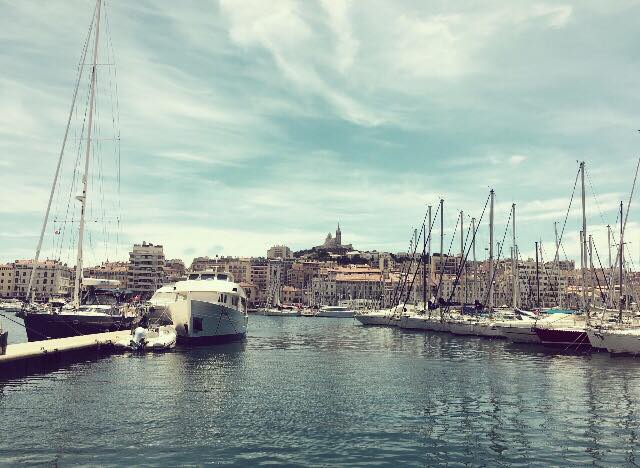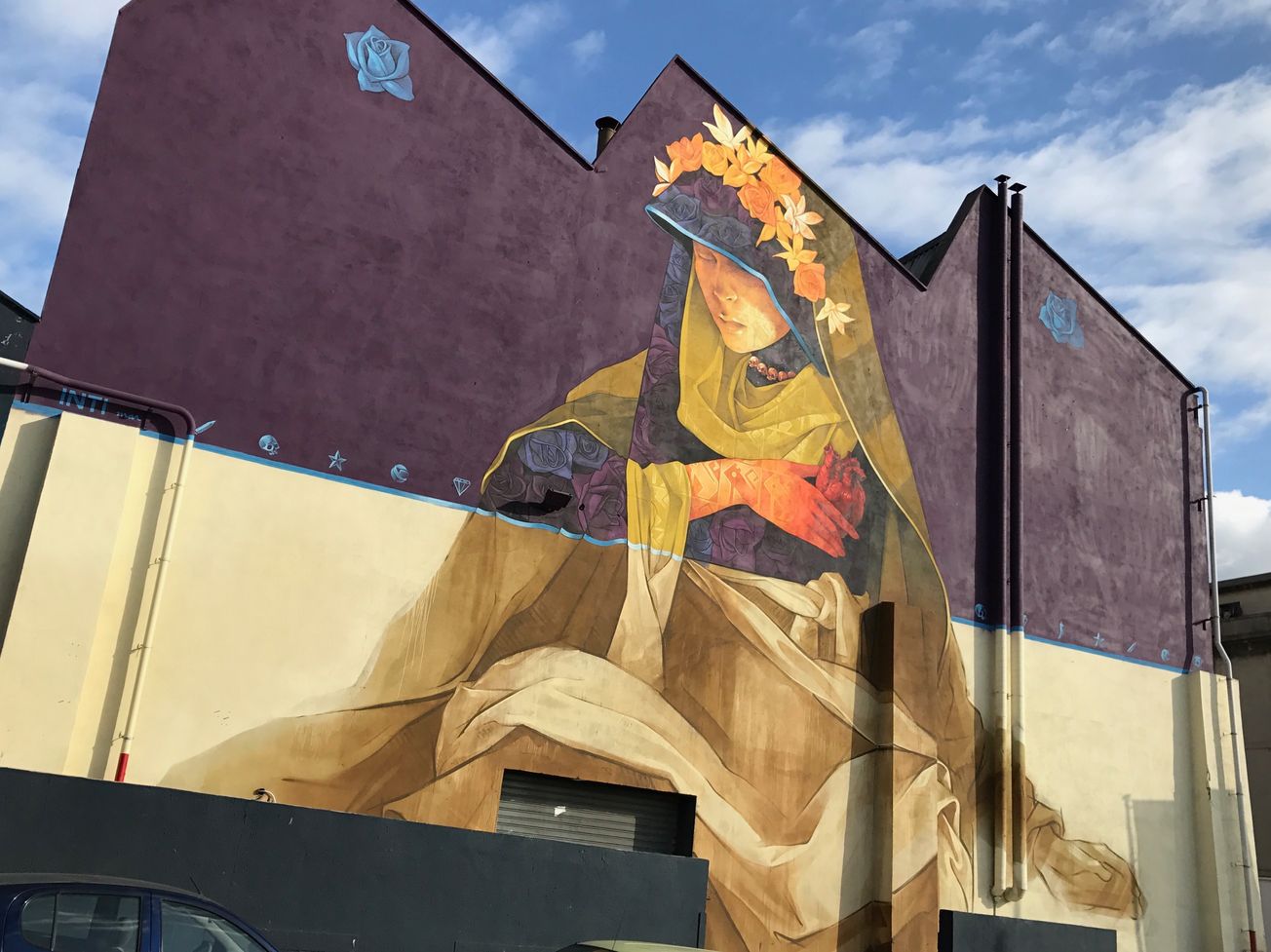By Elias Ephron 1st year Politics and Spanish
Elias Ephron writes how loneliness can be utilised to allow ourselves to feel full in moments of adventure, offering a sense of stability in not so stable world.
“Marseilles, July 29. At seven o’clock in the morning, after long hesitation, I took hashish”.
-Walter Benjamin, Hashish in Marseille
Sitting alone on a train platform, in an unfamiliar land. Those all around you converse in a language not your own - good - a language that you do not understand even a word of - better still. The way in which people move, gesture, is different; the scent in the air is different; the manner in which time itself is conducted, perhaps, is different. You draw from your shirt pocket the cigarette intended for just this occasion. With no one from your own world to distract from that which you now find yourself in, you sit back, and breathe in everything.
Nearly 100 years ago, the German-Jewish writer and philosopher Walter Benjamin wrote Hashish in Marseille, an account of his experience walking alone through the streets of the Southern French city, high on a derivative of cannabis. His essay portrays hours of poetic wanderings (with many an impromptu stop for food and libation along the way) through the rough-and-tumble 1920s port.
Now one may be inclined to ask, and rightly so, what thoughts might a long-dead stoner with a bad case of the munchies have on the concept of travelling alone. Benjamin touches upon this throughout the essay, writing, as he scrutinises the strange faces before him in a bar, “Under these circumstances there was no question of loneliness. Was I my own company?” It seems throughout the day, as the high Benjamin meanders along the Vieux-port, that he has transcended loneliness. Or rather, he has come to realise through use of a [delightful] mind-altering substance, that being alone has made him an open vessel, a traveller in the truest, most fulfilling, and most spiritually naked sense of the word.
In my travels alone, in many beautiful and unfamiliar places, from Azerbaijan to Colombia, Walter Benjamin has echoed in my mind. Loneliness grips us all at different points in life, and perpetually it seems, it is something we avoid at all costs.
We go out clubbing in large groups, we answer to the commanding ding of our phones, stealing from us the propensity to dream, and even in travel, we find ourselves often only with our families or friends, insulated from ourselves. For that reason then, to travel alone can be a time for recharge. Moreover though, it can open one up to all of the strange and wondrous absurdities of life, the beauty and the tragedy, providing the autonomy needed to make sense of it all.
One might blame this vision that Benjamin had on Marseille and on the world, as merely the product of his drug use. But I can attest that in my solo travels I have felt many of the emotions and much of the wide-eyed curiosity that shines forth in the narrator of Hashish in Marseille. For the record I have not, with the exception of alcohol, partaken in any mind-altering substances in my travels that would elicit such emotions (although I do admit to once having consumed what I was told was an immune support remedy in Colombia, which then kept me up all night and forced me to walk the streets of Bogotá before dawn).
In essence then, although hashish may well have assisted Benjamin in heightening the intensity of his experience, to enjoy the beauty in finding oneself wandering and alone, drugs are not required.
Just before lunch, Benjamin narrates, “I strolled along the quay and read one after another the names of the boats tied up there”, continuing, “The love promised to these boats by their names seemed beautifully touching to me”. It is this child-like state of dreaming that encapsulates much of the beauty of Hashish in Marseille. Verging on the existential at moments, Benjamin looks on starry-eyed at the meaning ascribed to the objects in our world.

Epigram / Elias Ephron
Sitting in a tavern overlooking the quay Benjamin had walked by just prior, the scene of the harbour bleeds into all of its constituent colours before his very eyes. He describes at this point, the world as a “palette” and he, the “painter”.
While colours may not always bleed for us as vividly as they did for Benjamin, undeniable is the fact that in loneliness we may create the world before us. Just as Amelie Poulain looks over Paris and imagines all the couples engaged in some act of love, or when sitting on a city bus in Panamá City once, I observed all the people around me and wrote kaleidoscopic narratives about them, being alone opens us up to the creative ramblings of the mind: sensual, absurd, or sombre as they may be.
And if the prospect of the traversing the globe alone seems daunting, we can learn to be content in our loneliness at home.
Go to a part of the city that is new to you, and allow yourself to dream uninterruptedly. Allow your mind to write stories. And allow yourself for just a moment to be present in the world, but alone in spirit.
“You follow the same paths of thought as before. Only, they appear strewn with roses”.
-Walter Benjamin, Hashish in Marseille
Featured Image: Flickr/ Jopa Elleul
Have you travelled alone? How was your experiance? Let us know!









